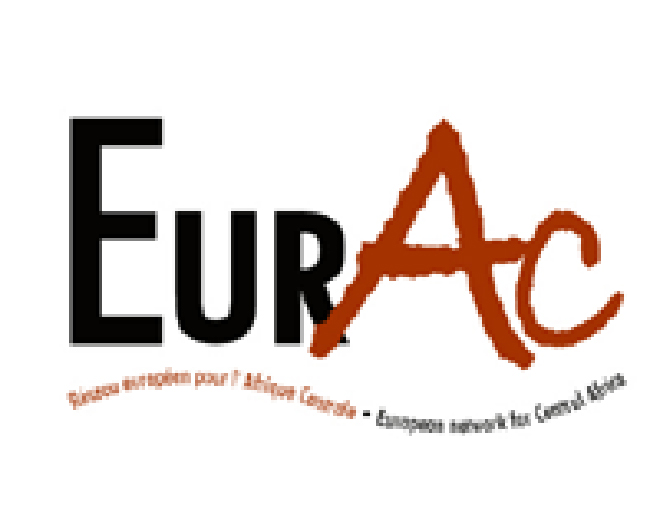Scientists said Tuesday they had decoded the genome of a mummified Stone Age hunter found in the Italian Alps in 1991 - an achievement that could boost genetic medicine studies, including those on hereditary diseases, dpa reported.
"We now have access to the complete genetic profile of this world famous mummy. As a result the path is clear for an imminent solution to many of the puzzles surrounding the Iceman," the Bolzano-based European Academy (EURAC) said in a statement.
Nicknamed Oetzi, the 5,000 year old mummy is housed in the South Tyrol Archaeology Museum in Bolzano. He is believed to have died aged 46 after being shot with an arrow.
Scientists from EURAC, the University of Tübingen and experts in bioinformatics at Heidelberg, Germany, used the latest technologies to study Oetzi's DNA - a process that began with the extraction of a bone sample from the pelvis of the ice mummy.
"It was a sensationally fast result," Albert Zink, head of EURAC's Institute for Mummies and the Iceman, told the German Press Agency dpa in a telephone interview from Bolzano in north-eastern Italy.
The process had been completed in two to three months when in the past "years" were required for such genome studies, Zink said.
The scientists now aim to process the "enormous quantity" of bio-data which has become available to them.
Such research could yield information on whether Oetzi's descendants are still around today and if so, where they may be found.
It could also show up possible genetic mutations between modern humans and those who lived in ancient times, as well as information on common modern-day genetic diseases and other prevalent illnesses such as diabetes or cancer, EURAC said.






